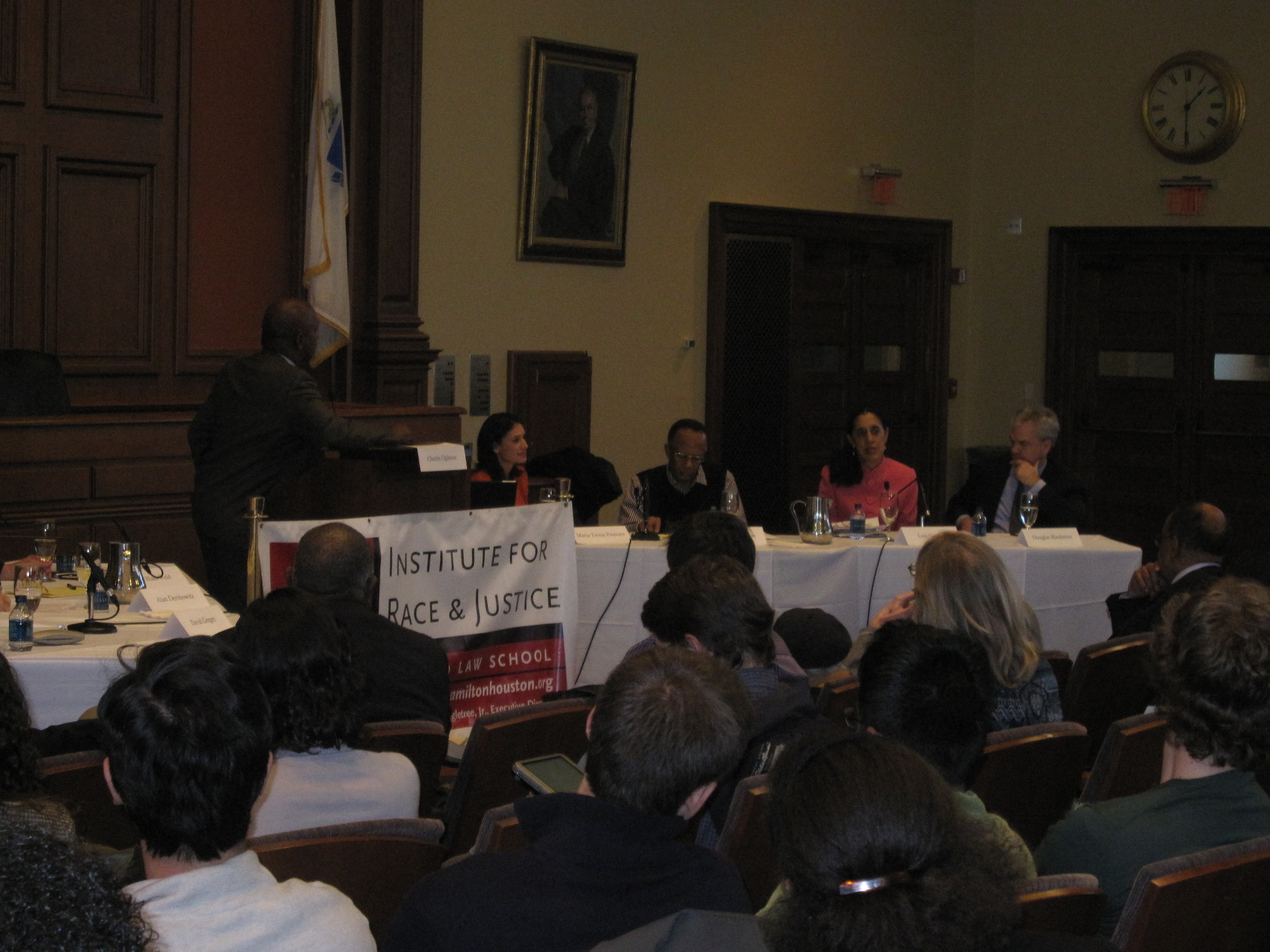I just finished listening to the first press conference of President elect Barack Obama. While acknowledging the great challenges which are lying ahead of his adminstration, starting from the catastrophic state of the global economy, what President Obama (and boy it feels good to write that word ‘president’ down!) kept emphasizing in his talk, was the need to to act together as a nation in order to face the challenges ahead: “I know we will succeed if we put aside partisanship and politics and work together as one nation“. This emphasis on unity and bi-partisanship, which has been the strength of Obama’s electoral campaign, strikes me as something which can be easily taken for granted but which is too often not practiced in everyday politics. I am thinking of my country, Italy, where the population and the electorate are split in half – and where the ruling political class exacerbates this rift, not only by avoiding engaging in dialogue with the political opposition but by willfully seeking to de-legitimize political opponents and their policies – thus reinforcing, rather than smoothing out, existing social divisions and alienating people from the political process.
I was lucky enough to attend today a brilliant talk held at Harvard’s department of Afro-American Studies, by three outstanding scholars such as William Julius Wilson, Orlando Patterson and Lani Guinier on the election of President Obama and the future of race in America. According to Prof. Wilson it was Barack Obama’s inclusive, unifying message during the campaign which got him the support from voters from all racial backgrounds and ultimately made him successful in his bid for the presidency. Prof. Wilson explained how Obama has succeeded in creating a sense of interdependence between different social groups – and when different groups believe they need one another to obtain their aims they will cooperate better, and in so doing they will also reduce prejudice against each other.
This idea of cooperation and unity to better overcome social problems (and prejudice and social divisions), is reflected in the extraordinary grassroots efforts which have gone into this election campaign especially amongst younger people. In this election young people have been amongst the greatest supporters of Obama, who has manged to mobilize them, out of their political apathy, to unprecedented levels. They made their voices heard not only through online activism but also through face to face canvassing – and ultimately with their votes. As Lani Guinier emphasised today, this was another factor which made Obama’s bid successful. And the greatest significance of this activism by young people lies in the fact that it has managed to change politics from the bottom-up, thus contributing to the creation of a new generation of leadership, which will contribute to the sustainability of this exercise in democracy (and social capital!) in years to come.
America has given the world the greatest lesson in democracy – and we can only hope that the sense of renewed hope, which is presently being felt not only in America but all over the world, will help younger people in other countries too feel empowered enough that they can feel that they can too make change happen.

